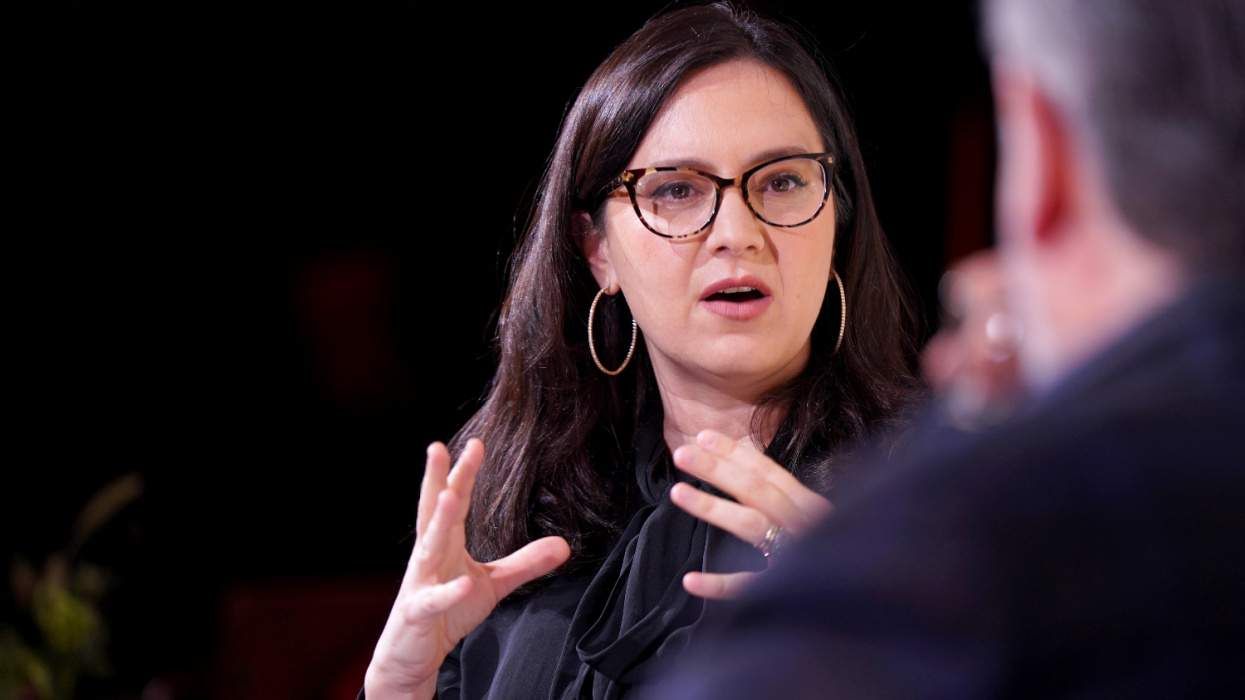Gay and bisexual men have elevated rates of skin cancer compared to heterosexual men, according to an inclusive study from Boston's Brigham and Women's Hospital.
The data was culled from 2014 to 2018, with respondents in 37 states. Researchers found that rates of self-reported skin cancer were 8.1 percent among gay men and 8.4 percent among bisexual men -- higher than the rate of 6.7 percent among straight men. Skin cancer rates were 5.9 percent among lesbians, lower than the 6.6 percent rate among heterosexual women; bisexual women were found to have some of the lowest rates of skin cancer at 4.7 percent.
The causes of the elevated rates among gay and bi men -- whether because of factors like HIV, health disparities, or lifestyle decisions -- were not made clear in the study. A study published last year found that tanning salons often operate in neighborhoods where many gay and bisexual men live. Researchers at Brigham and Women's Hospital hope to next study causation factors.
The findings were made possible because of a sexual orientation and gender identity (SOGI) module built into a national system of surveys known as the Behavioral Risk Factor Surveillance System (BRFSS) -- this allowed researchers to break down the results by different demographics and compare findings among LGBTQ people and heterosexuals.
The Centers for Disease Control under President Trump is no longer implementing SOGI module into their BRFSS research, meaning vitally important health information on LGBTQ people will be lost.
"It's absolutely critical that we ask about sexual orientation and gender identity in national health surveys; if we never ask the question, we'd never know that these differences exist," the skin cancer's study's coauthor Arash Mostaghimi, MD, said, according to MedicalXpress. "This information helps inform the nation about how to allocate health resources and how to train providers and leaders. When we look at disparities, it may be uncomfortable, but we need to continue to ask these questions to see if we're getting better or worse at addressing them. Historically, this kind of health variation was hidden, but we now recognize that it's clinically meaningful."
















